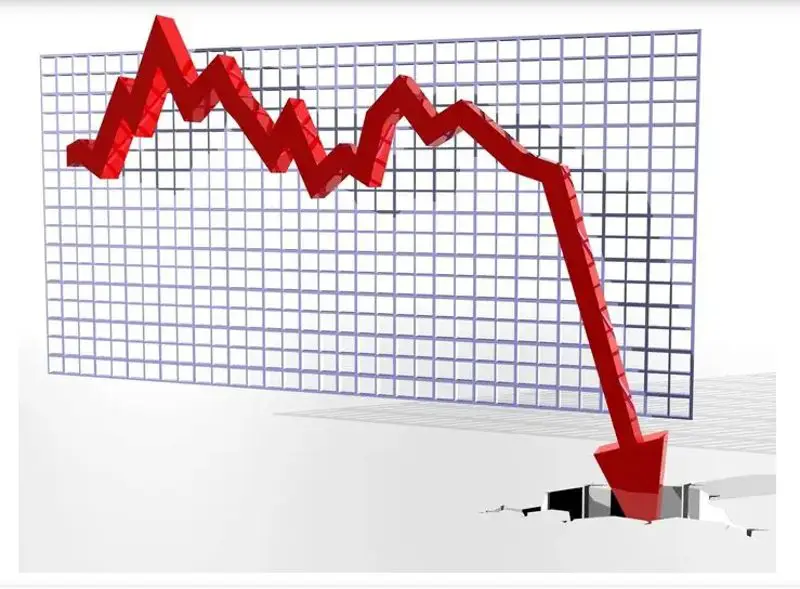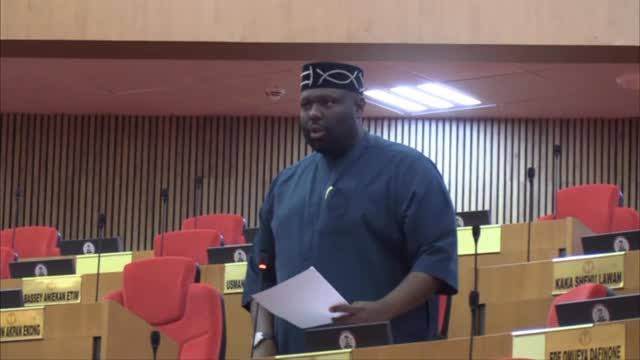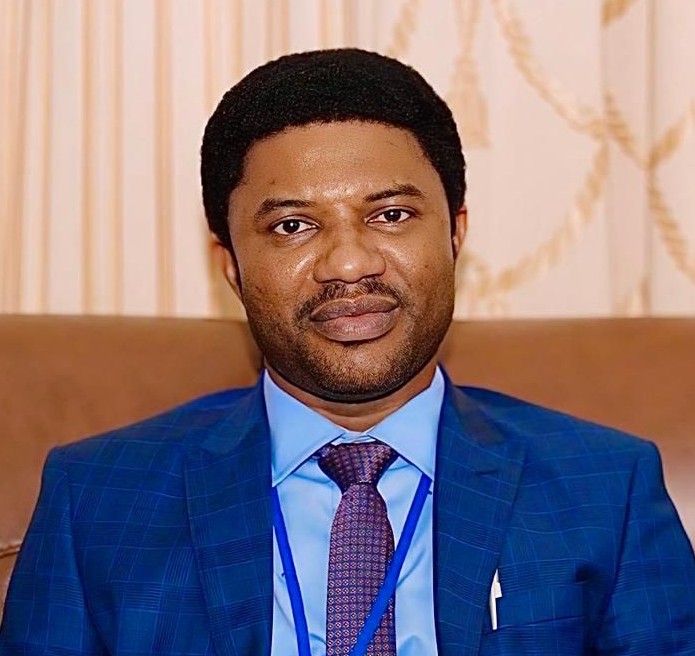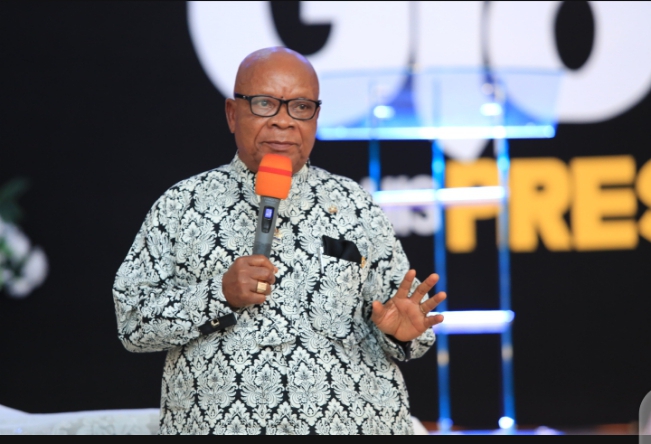
Nigeria’s economy is teetering on the edge as the sweeping effects of President Donald Trump’s controversial tariffs continue to devastate global markets. Economists and financial experts are sounding alarms over the severe impact these tariffs will have on Nigeria’s financial stability, with ripple effects that could jeopardize the nation’s 2025 revenue targets.
The global trade war, triggered by Trump’s tariff hikes, has already sent shockwaves through international stock markets. On Monday, the FTSE 100 plummeted by 4.4%, while Wall Street’s S&P 500 saw a 4.7% drop. Markets across Asia and Europe followed suit, leading to what analysts are calling “Black Market Monday.”
The tariffs, imposed on April 2, 2025, have pushed global stocks into bear market territory, wiping out an alarming $9.5 trillion, according to Bloomberg. Nigeria is feeling the sting, with its stock market shedding N659 billion in one day, and the naira sinking to a record low of N1,612.23 per dollar.
As oil prices continue to slide, with Brent crude at $65 per barrel and WTI at $61.63, Nigeria’s heavy dependence on oil exports becomes a significant concern. The U.S. tariffs, which will likely diminish Nigeria’s earnings from exports like crude oil, gas, and fertilizers, further complicate the nation’s financial outlook.
Despite this, Nigeria’s Finance Minister, Wale Edun, has downplayed the situation, asserting that the tariff’s impact on Nigerian exports is minimal, given that Nigeria’s oil and mineral exports remain strong. Edun has suggested that the government will revise the 2025 budget to adapt to the economic reality, focusing on prioritizing spending and exploring alternative non-debt financing strategies.
However, experts like Gbolade Idakolo, CEO of SD & D Capital Management, warn that the tariff will harm Nigeria’s export revenue, especially as reduced U.S. demand weakens the naira and stifles foreign exchange inflow. Idakolo urges Nigeria to diversify its export base and foster trade relationships with other major global players like China, India, and the European Union.
Prof. Godwin Oyedokun from Lead City University stresses the need for Nigeria to implement coordinated economic measures to counter the fallout from the global downturn. He advocates for cutting non-essential spending, improving tax collection, and aggressively pursuing economic diversification beyond oil.
Economist Prof. Ajibola also echoes the concern, describing the situation as a “wake-up call” for Nigeria to rethink its reliance on a limited number of trading partners. He points to the African Continental Free Trade Area (AfCFTA) as a potential path to reduce Nigeria’s vulnerability to global economic shifts.
Dr. Muda Yusuf, CEO of the Centre for the Promotion of Private Enterprise, calls for urgent trade negotiations between Nigeria, the U.S., and other global powers to mitigate the negative consequences of Trump’s tariffs. He emphasizes that if the current trend continues, Nigeria could face a crisis in its foreign exchange market, potentially destabilizing the economy further.
In summary, Nigeria is on the brink of a financial crisis, and experts agree that swift, strategic action is needed to protect the country from the economic fallout of Trump’s tariffs.





